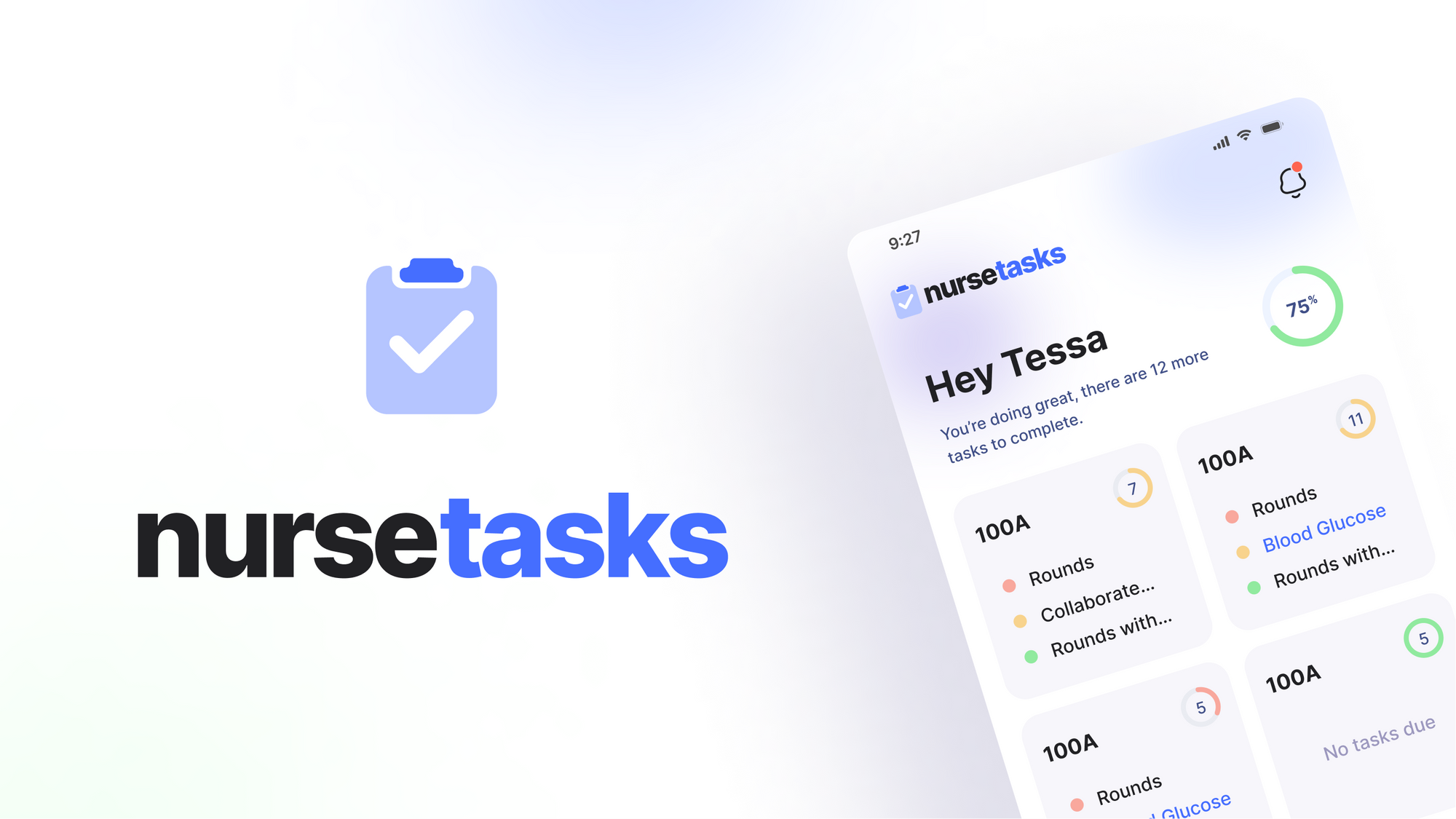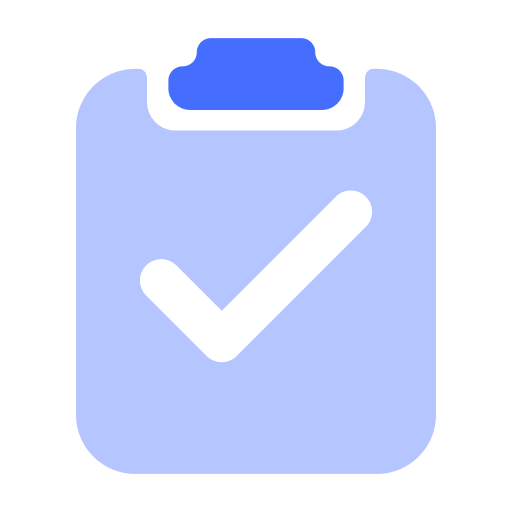10 Crucial Time Management Tips for Nurses

Time management is a critical skill for nurses to effectively and efficiently provide quality patient care while managing their multiple responsibilities and tasks. Nurses often work in fast-paced and dynamic environments, and effective time management is essential for maintaining patient safety and achieving optimal outcomes. Here are some time management tips for nurses:
1. Prioritize tasks
Make a to-do list at the beginning of your shift, prioritizing tasks based on their urgency and importance. This will help you stay organized and focused on the most critical tasks that need to be accomplished.

2. Delegate when appropriate
Nursing is a team-based profession, and delegation is a key component of effective time management. Delegate tasks to appropriate team members, such as nursing assistants or other colleagues, when possible, to free up time for more complex nursing responsibilities.
3. Use technology tools
Utilize technology tools, such as electronic health records (EHRs), scheduling apps, and task management apps, to streamline and automate routine tasks, such as charting or scheduling, which can help save time and reduce the risk of errors.
4. Cluster tasks
Group similar tasks together to maximize efficiency. For example, when administering medications, try to administer all the scheduled medications for multiple patients in one round rather than making multiple trips to each patient's room.
5. Set realistic expectations
Recognize your limitations and set realistic expectations for what you can accomplish within a given shift. Avoid overloading yourself with too many tasks or responsibilities, as it can lead to burnout and decreased productivity.
6. Practice time-saving techniques
Look for opportunities to save time in your daily tasks. For example, while documenting in the EHR, use templates or shortcuts to expedite charting. Also, consider using standardized care plans or protocols to streamline decision-making and reduce time spent on assessments or planning.
7. Minimize distractions
Nursing units can be busy and noisy environments, and distractions can disrupt your focus and workflow. Minimize distractions by silencing unnecessary notifications on your phone or other devices, closing unnecessary tabs on your computer, and creating a conducive work environment.
8. Take breaks
Taking short breaks during your shift can help you recharge and maintain focus. Use your break time effectively to rest, eat, or engage in activities that help you relax and rejuvenate, so you can return to your tasks with renewed energy and concentration.
9. Communicate effectively
Effective communication with your colleagues can help streamline workflow and prevent delays. Collaborate with your team members, provide updates on your progress, and communicate any changes or concerns that may impact your time management.
10. Learn to say no
It's important to set boundaries and learn to say no when necessary. Avoid taking on additional tasks or responsibilities that are beyond your scope or capacity, as it can impact your ability to manage your time effectively.






